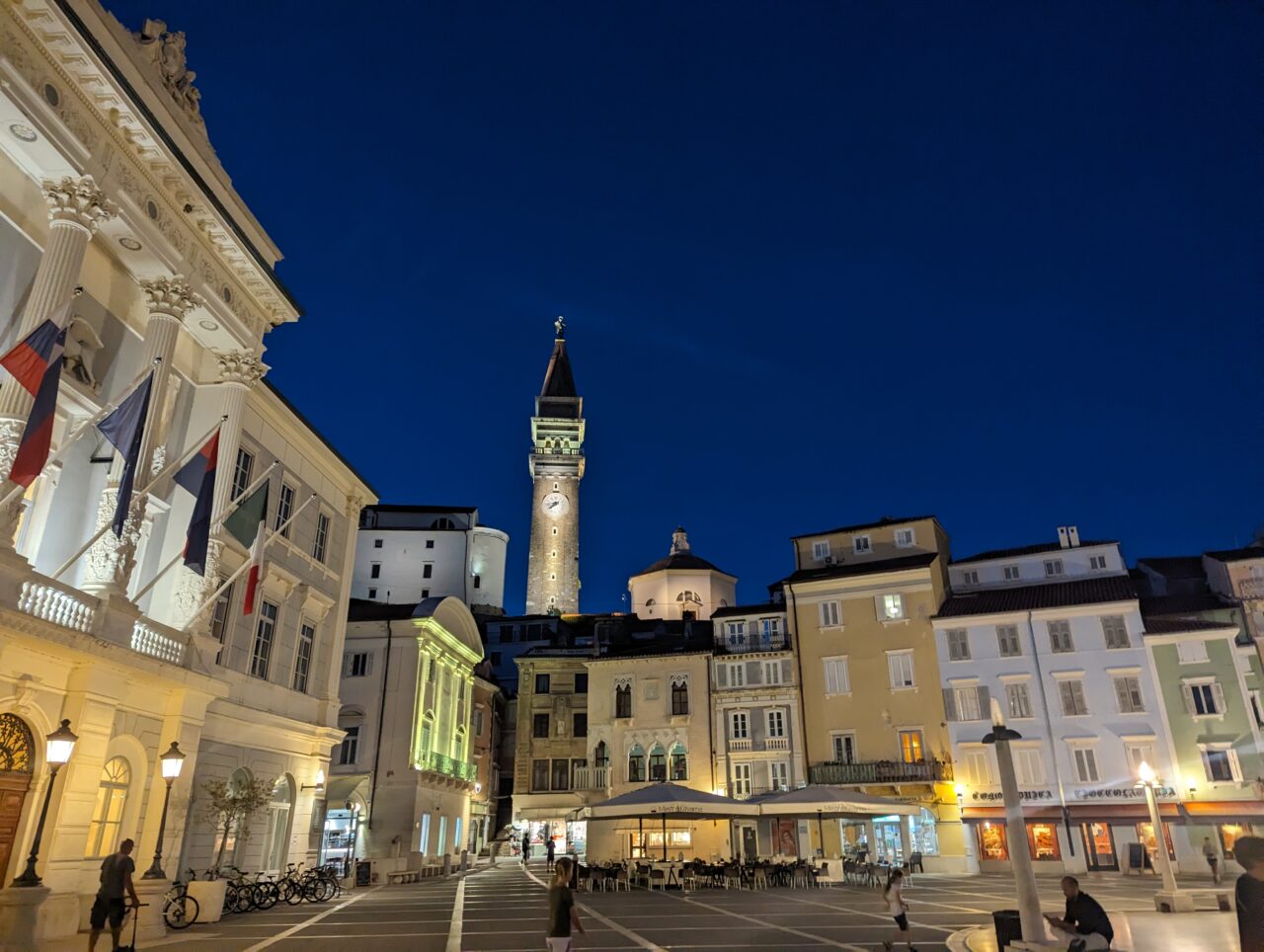Recently, several members of the Suicide Cultures research team had the chance to present preliminary analyses from the project at the International Association for Suicide Prevention (IASP) conference in Piran, Slovenia. Amy Chandler, Emily Yue, and Sarah Huque all presented Suicide Cultures work. Our colleague Hazel Marzetti presented on behalf of the Suicide In/As Politics (SIAP) project.
Sarah’s presentation was entitled “Still here: Recovery and protective factors in the lived experience of people who have attempted suicide”. Within the contexts of moving away from ‘risk factors’ for suicide prevention towards ‘protective factors’ for suicide ‘recovery’, Sarah called for considering the messy ways in which ‘protective factors’ for suicide may be emotionally challenging and entangled with broader social scripts around suicide. Drawing on the construction of ‘social isolation’ as a ‘risk factor’ for suicide, Amy considered social exclusion as a way of thinking about suicide in ways that go beyond locating loneliness in the individual, bringing a sociological theory lens to a talk (originally developed and submitted by Rebecca Helman) entitled “Suicide and social exclusion: Thinking beyond individual disconnectedness”. Emily presented critical, innovative work from her PhD, in a talk entitled “Constructing suicide in the research process,” around in/authenticity and suicidal subjects.
Hazel presented SIAP work during the Pecha Kucha and poster events – and won the People’s Choice award for her Pecha Kucha, which brilliantly displayed artistic outputs from the SIAP workshops.
The team also had the chance to engage in a lot of learning over the course of the conference, with hundreds of talks and workshops from which to choose. Emily, Hazel, and Sarah attended the Early Career Researcher (ECR) pre-conference workshop, where, among other activities, they listened to a range of lightning talks highlighting the varied work done by ECRs in suicide research globally. Amy attended the ‘Partnerships for Life’ pre-conference workshop, in order to learn more about IASP’s work on developing suicide prevention strategies in diverse national contexts.
Other highlights from the conference included a talk from sociologist Steven Stack that showcased the relationship between social inequality and suicide in the USA, emphasising the role of Republican politics in particular; a workshop on suicidality and suicide prevention with people with intellectual disabilities; and a special lecture from Navneet Kapur on “Contradictory findings and the nature of truth in suicide research”.
In thinking about how we engage different groups in research, and enable increased lived experience research, Marianne Webb’s presentation on guidelines for involving young people in suicide research, and Mirabel Pelton’s presentation and poster about using an online card sort task in researching self-harm in autistic adults also provided food for thought.
Overall, this year’s IASP conference included a notable presence of lived experience research, qualitative work, and increasingly challenging and critical questions. While many of these are questions that Critical Suicide Studies has grappled with for years, it was heartening to see these debates happening within the international suicide prevention research space, as well.



Leave a Reply